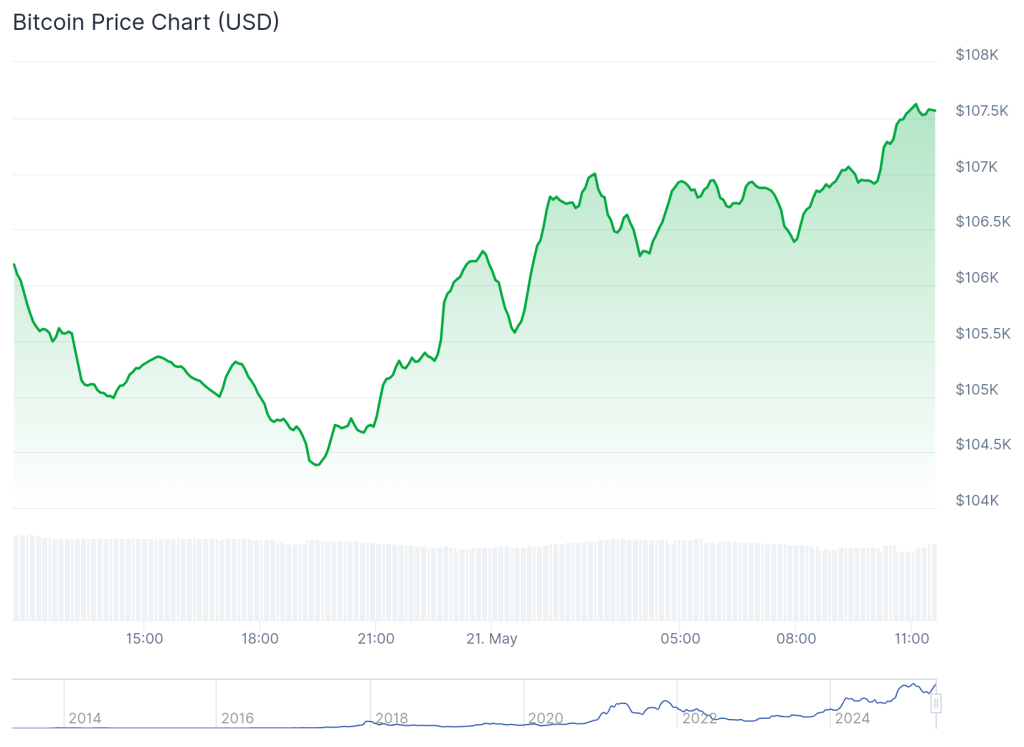The fear of layoffs and job insecurity can be crippling and lead to increased stress and worry. This … [+]
getty
The culmination of concerning global macro trends, troubling economic signs, and fears over artificial intelligence stealing jobs and positions being offshored to other countries has heightened job insecurity for white-collar workers.
While the bold headlines depicting major layoffs have somewhat subsided, there continues to be a routine stream of job cut announcements. It’s rational for people to feel that if Big Tech tightened the belt and reduced headcount, what chance do they have of feeling safe at a smaller, less prestigious organization?
There has also been a push by companies, such as Deel, OysterHR, Remote.com and other well-financed startups, to place people at companies across the globe. The fear is that American workers may suffer as these firms arbitrage the cheaper labor found in lower-cost locations, compared to the high salaries offered within the United States.
Additionally, while people covet remote work for a higher quality of life, there is a downside. Limited remote work options make it tougher for job hunters, now forced to compete with people from around the country and world instead of just the local talent pool.
Seats are not opening as older workers postpone retirement. High inflation and soaring costs eat into paychecks, making even upper-income families feel like they are being squeezed.
As interest rates rise and companies cut costs, white-collar workers have taken the brunt of layoffs. There is growing evidence of a “richcession,” in which white-collar workers find it hard to procure a new job. The hiring process is tortuously slow as the hiring duration is much longer than in the heady days of the Great Resignation. As a result, workers are feeling stuck in their careers.
How Job Insecurity Impacts Your Mental Health
There is a sense of anxiety among workers worried about just holding onto their jobs. In a 2023 job market survey by Professional Résumé Writers, nearly half of the workers self-reported that they were concerned about losing their employment, with executives being the most worried (66%).
In this economic environment characterized by job cuts, it’s natural to fear being the next person in line to be given the pink slip. Since it’s harder to find new roles, with job postings down 15% from last year, holding on to your current position feels more crucial.
The fear of layoffs and job insecurity can be crippling and lead to increased stress and worry. This anxiety can have a profound impact on employee well-being and job performance. It can manifest as disengagement with work, increased irritability and fatigue and a declining work performance, which puts you at an even greater risk of being laid off.
What To Do If You Are At Risk Of Losing Your Job
Instead of waiting for the ax to fall, you must create an action plan to prepare for if things take a terrible turn in your current position, otherwise known as career cushioning. Remain open to new employment opportunities.
If you feel your job is in jeopardy, immediately update your résumé and LinkedIn profile. Seek out recruiters who specialize in your field. Ask colleagues and former co-workers what headhunters they had success with and would recommend their services.
Start networking by reaching out to old friends, college alums, neighbors, co-workers, former colleagues and managers, members of your church, temple or mosque and other organizations and online connections. Be open and honest. Inform them you are engaged in a stealth search and could benefit from their relationships.
You may love working remotely, but go into the office five days a week. The proximity bias is real, and it favors people who are visible. It’s not just putting in facetime. You must be productive, exceed expectations and make yourself indispensable to your boss. These actions will increase your chances of being saved from layoffs.
Ensure that you have a financial safety net in place. This could include having an emergency fund and saving for retirement. Stay up-to-date on the latest trends in your field. This will help you to be more competitive in the job market. Developing new skills will make you more attractive to potential employers.
Anxiety can be difficult to cope with, so it is essential to ensure that you are taking care of yourself. This could include talking to a therapist, exercising, eating healthily and getting enough sleep. Remember, you are not alone; at least half of your cohort feels this way. It is important to stay positive and focus on the things you can control.
Credit: Source link











